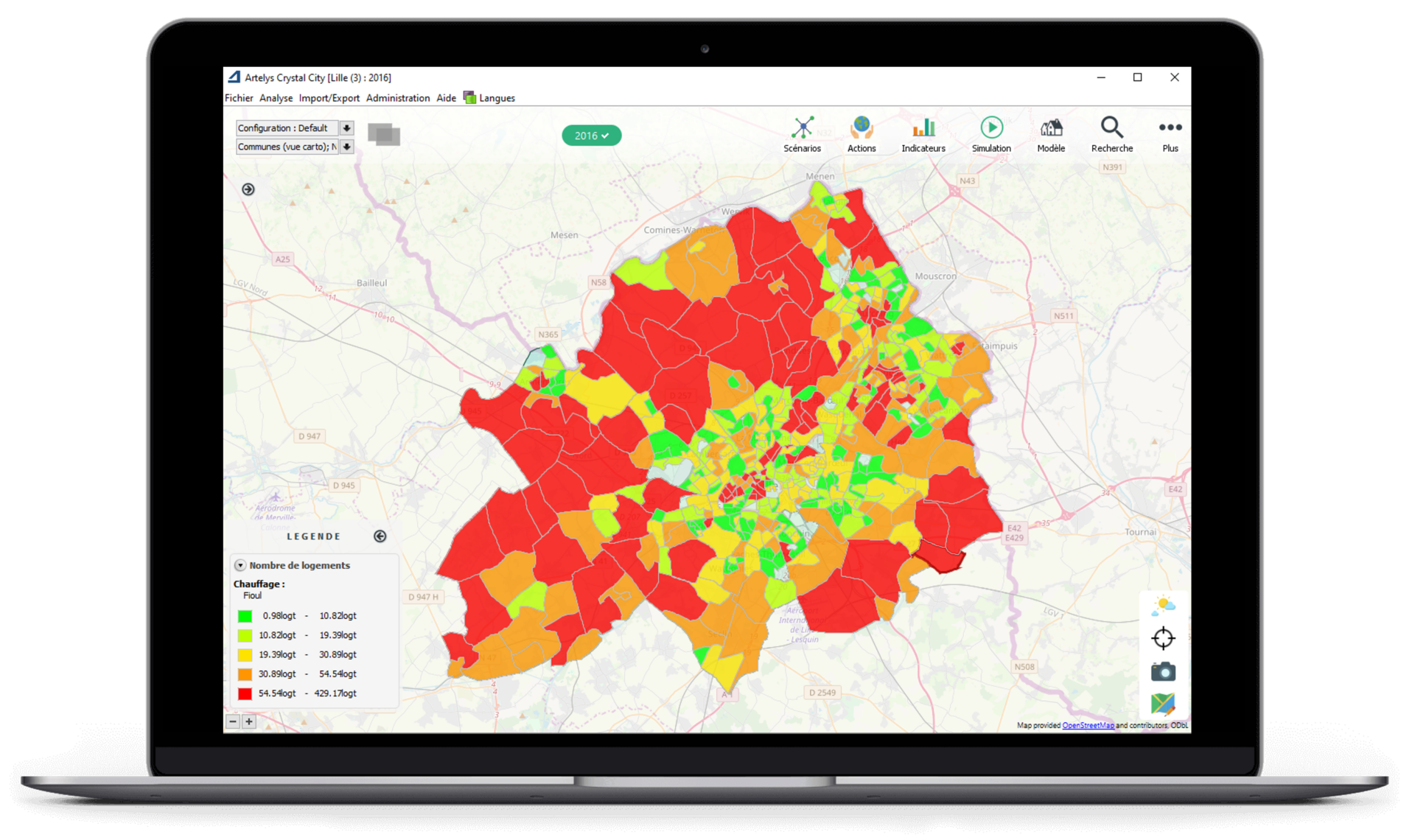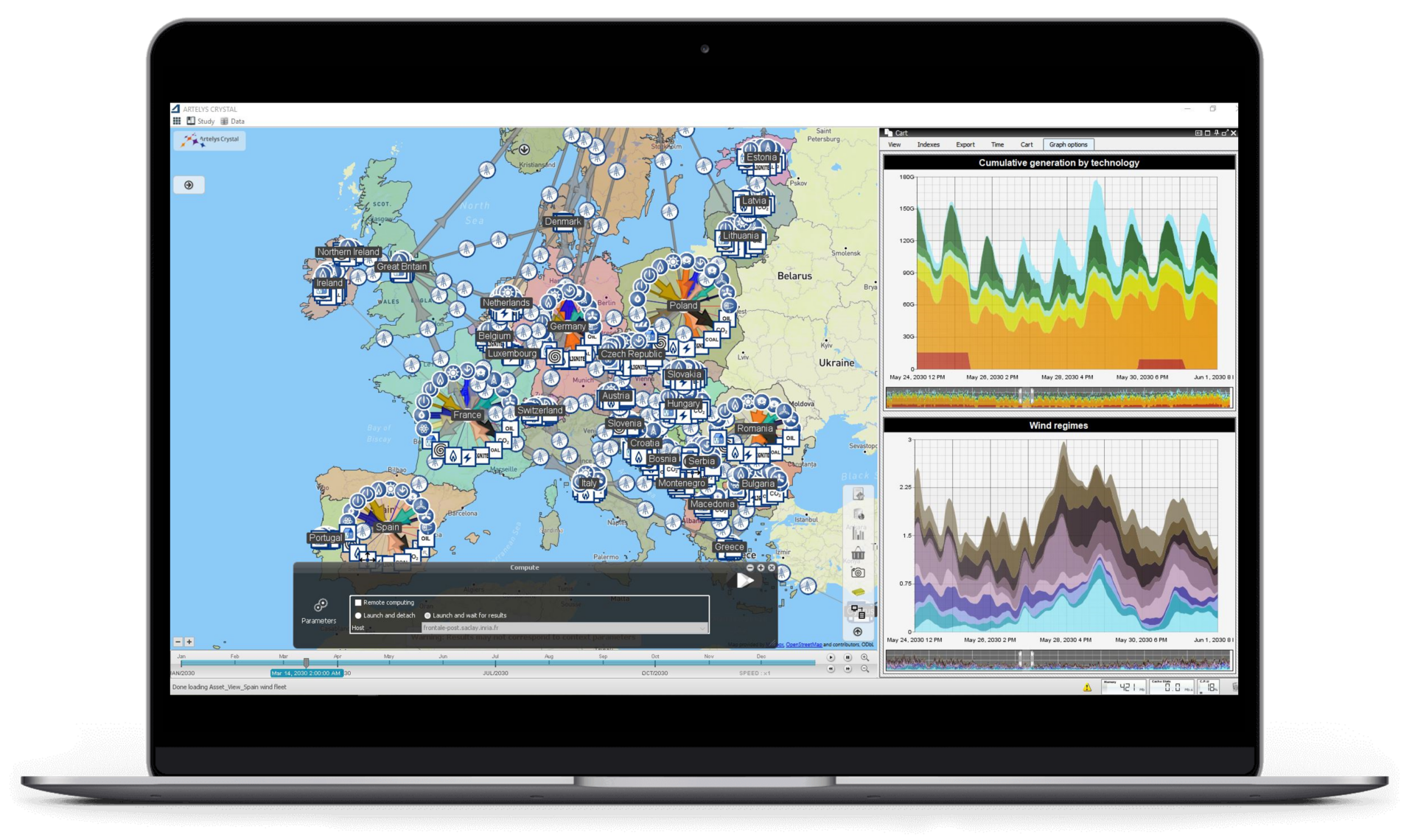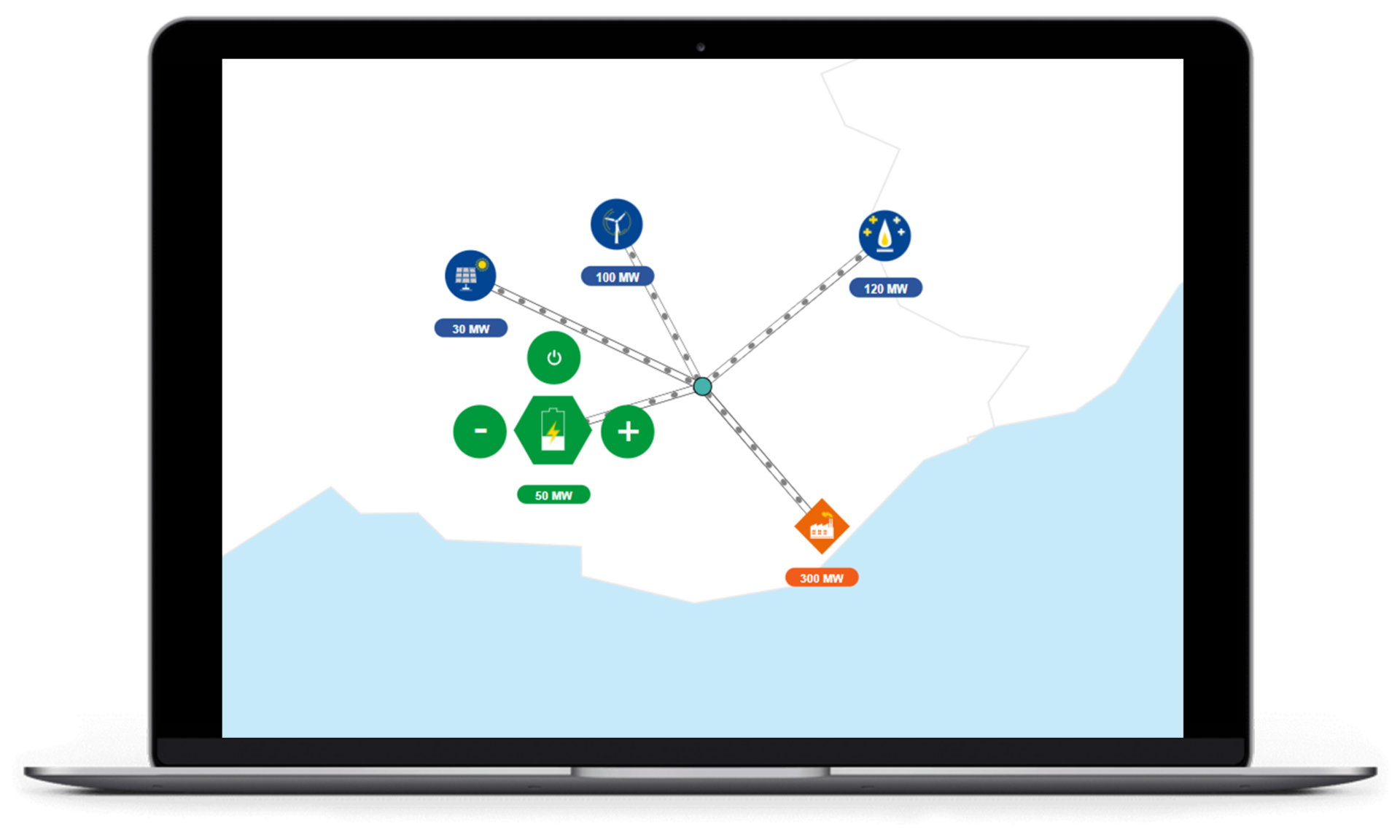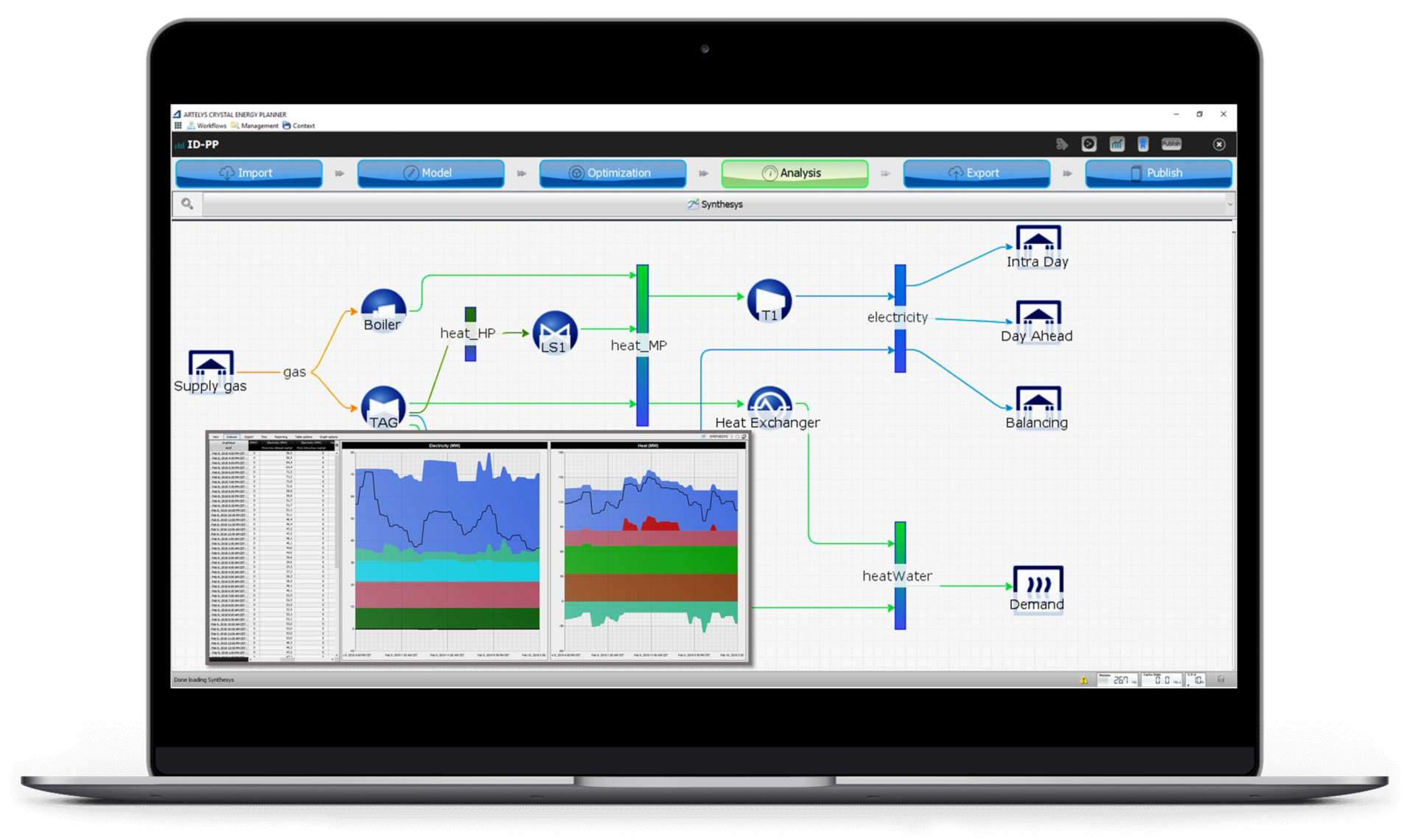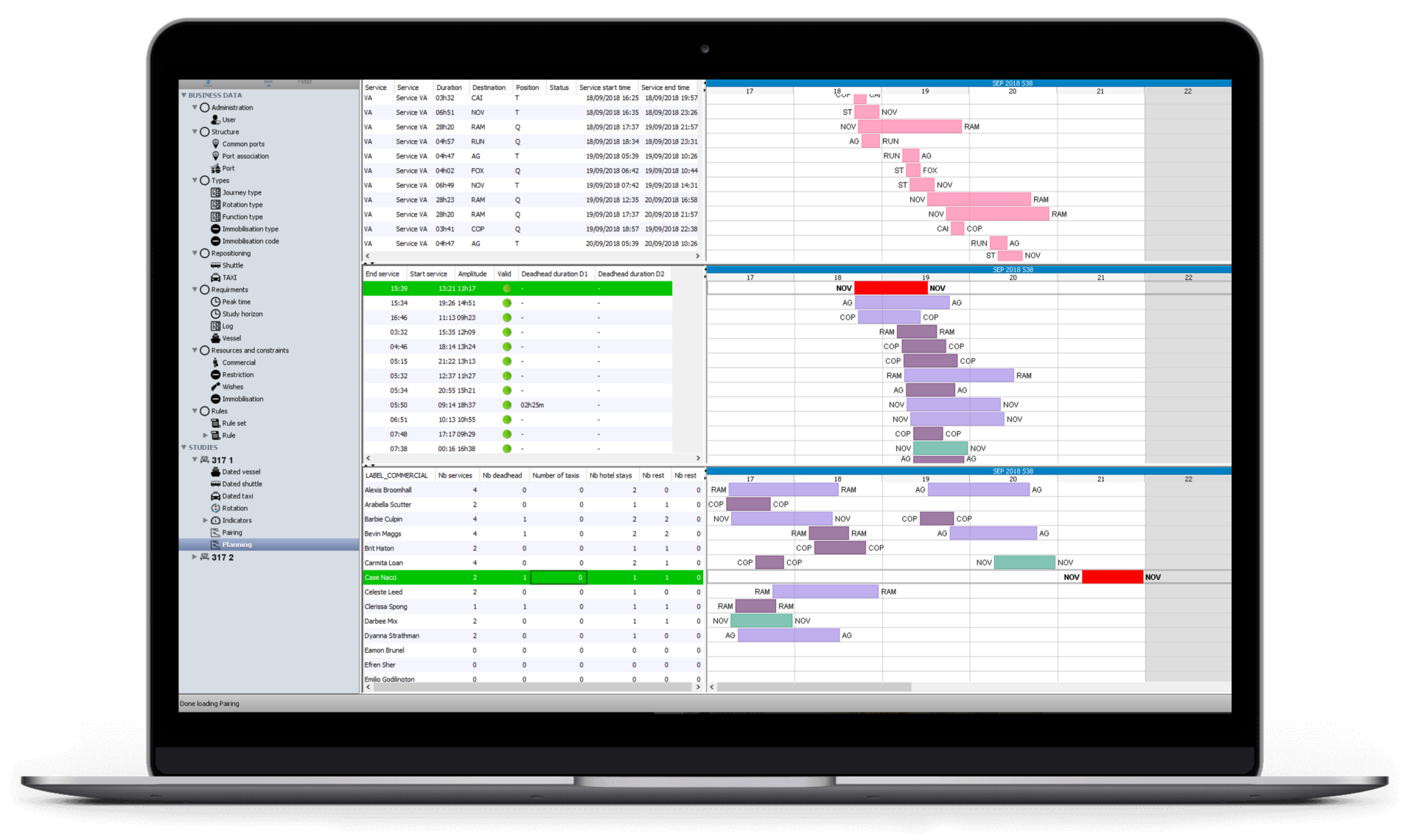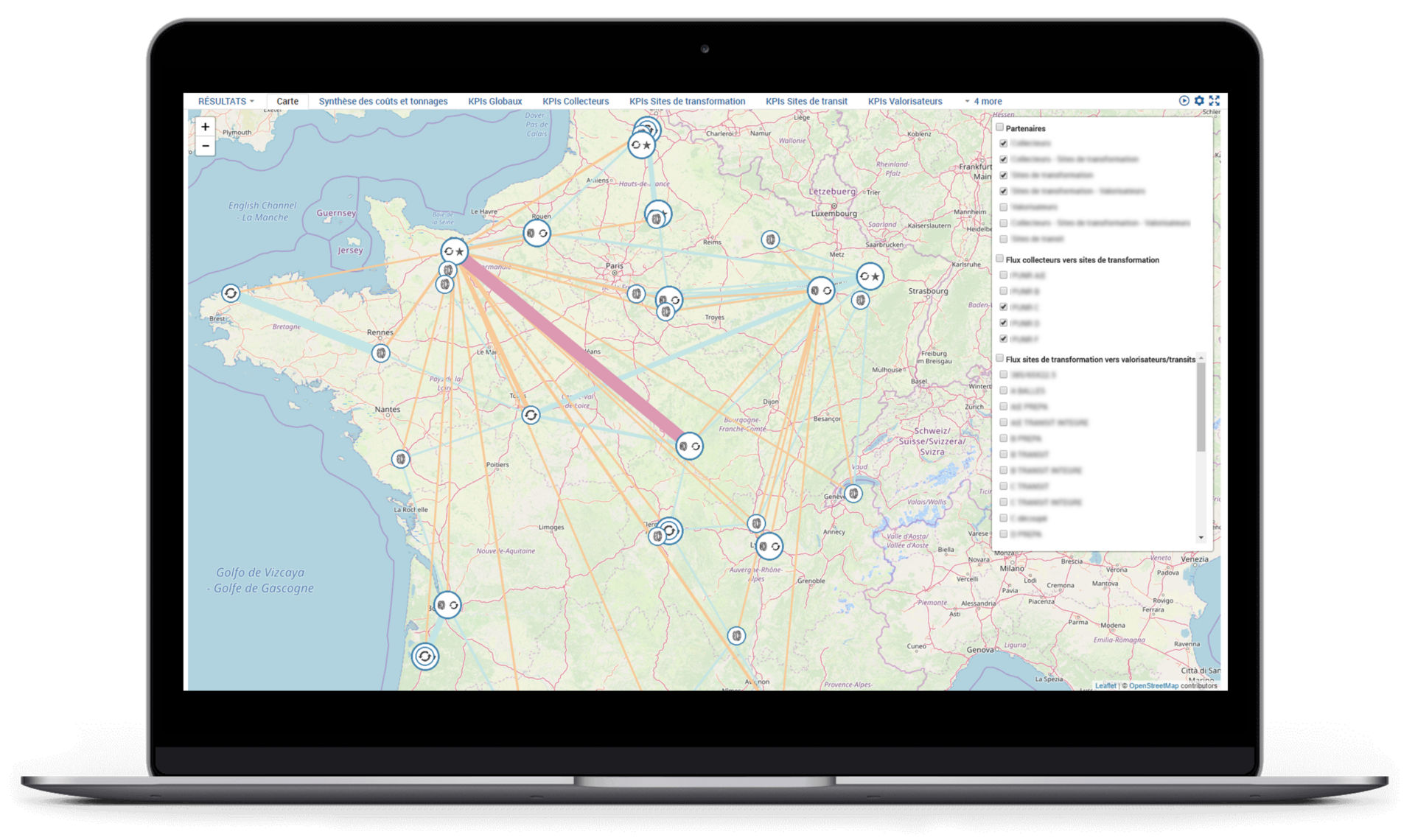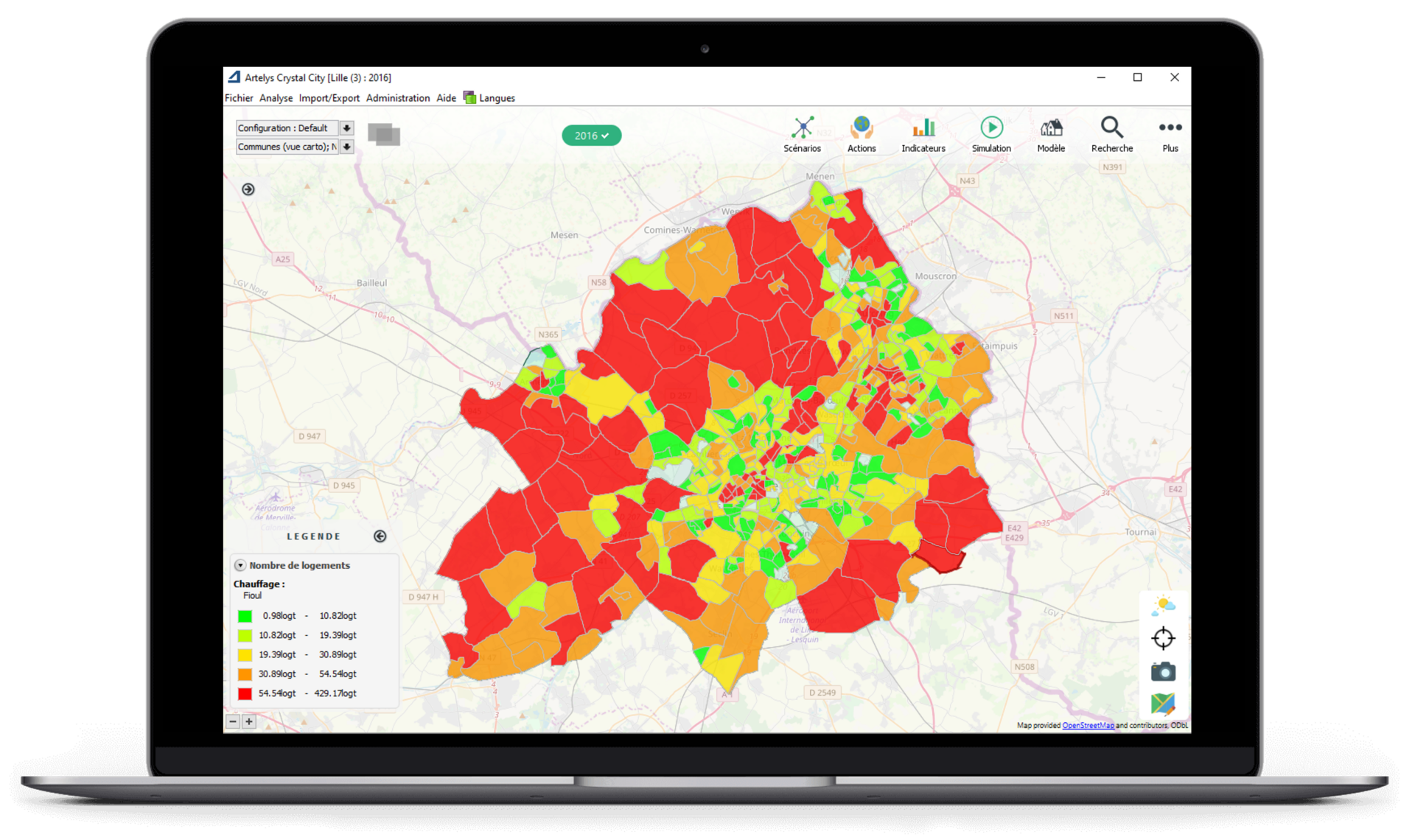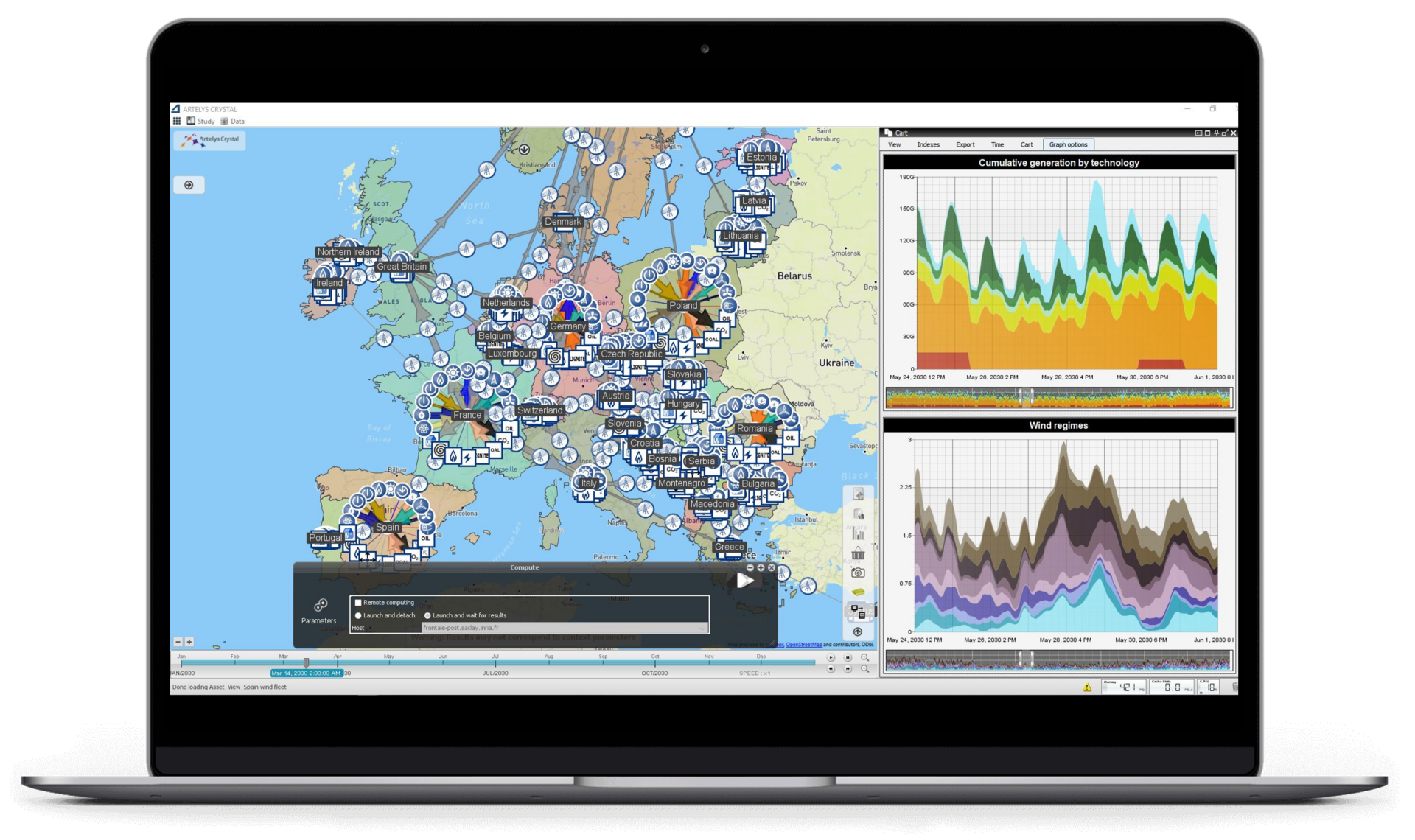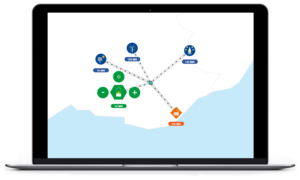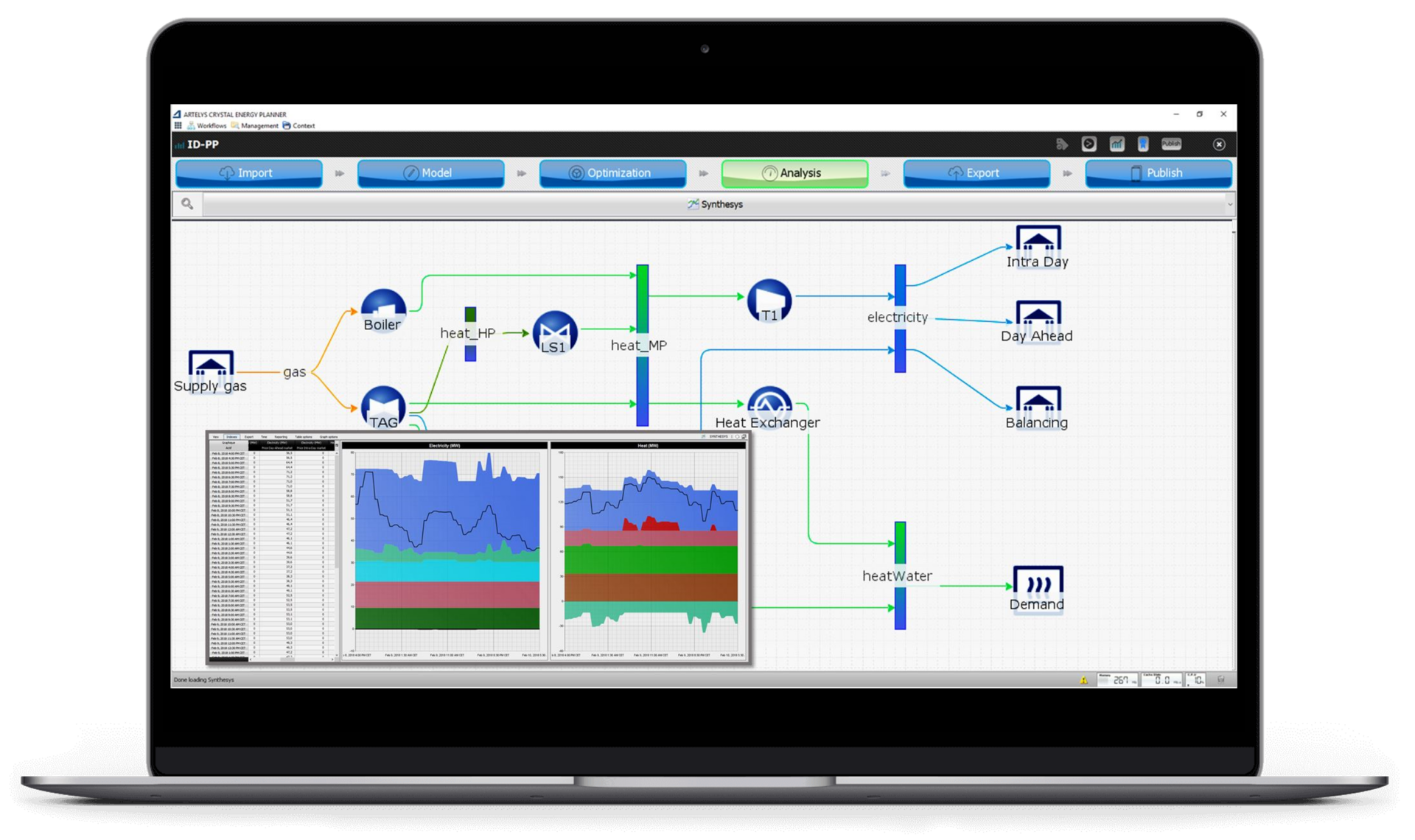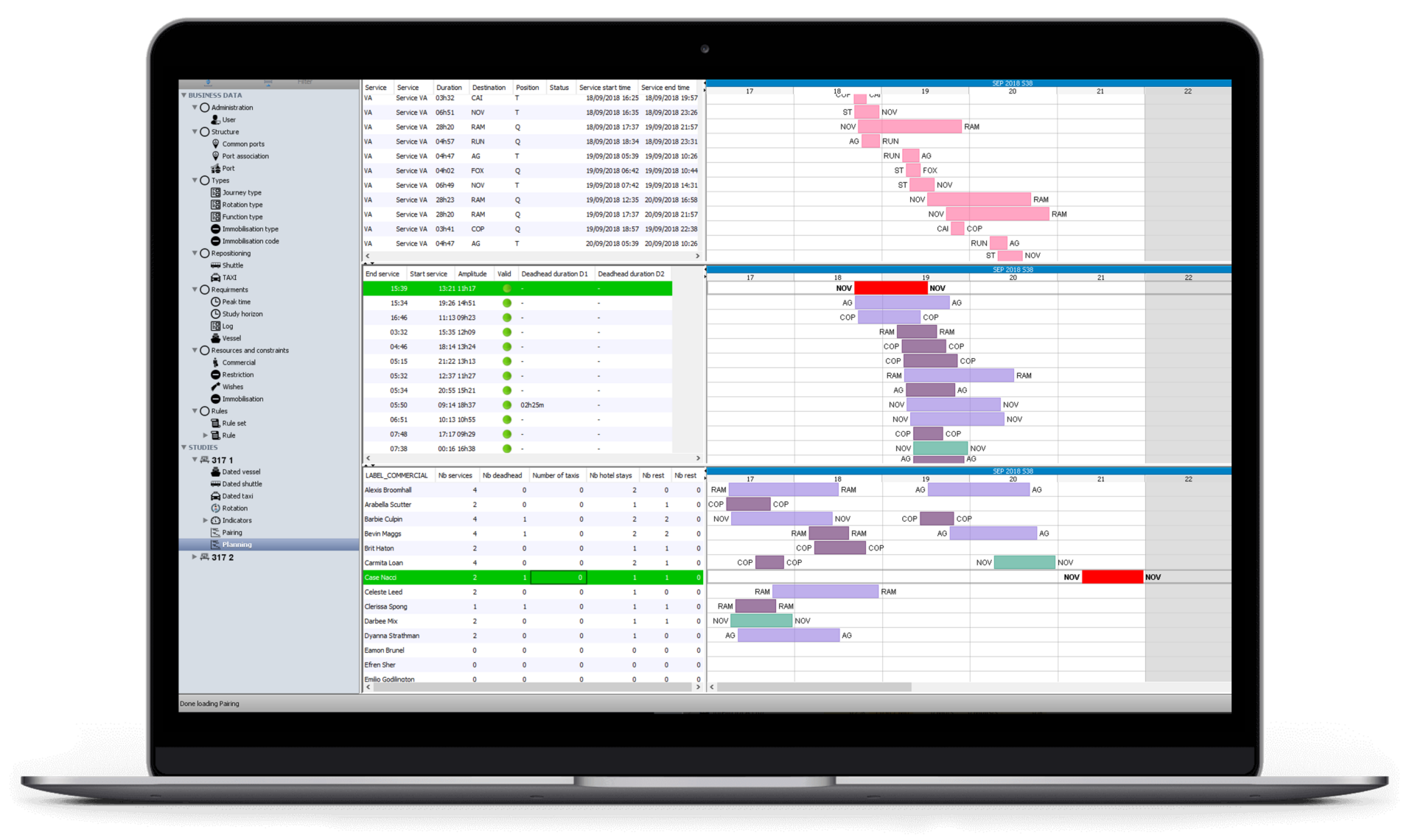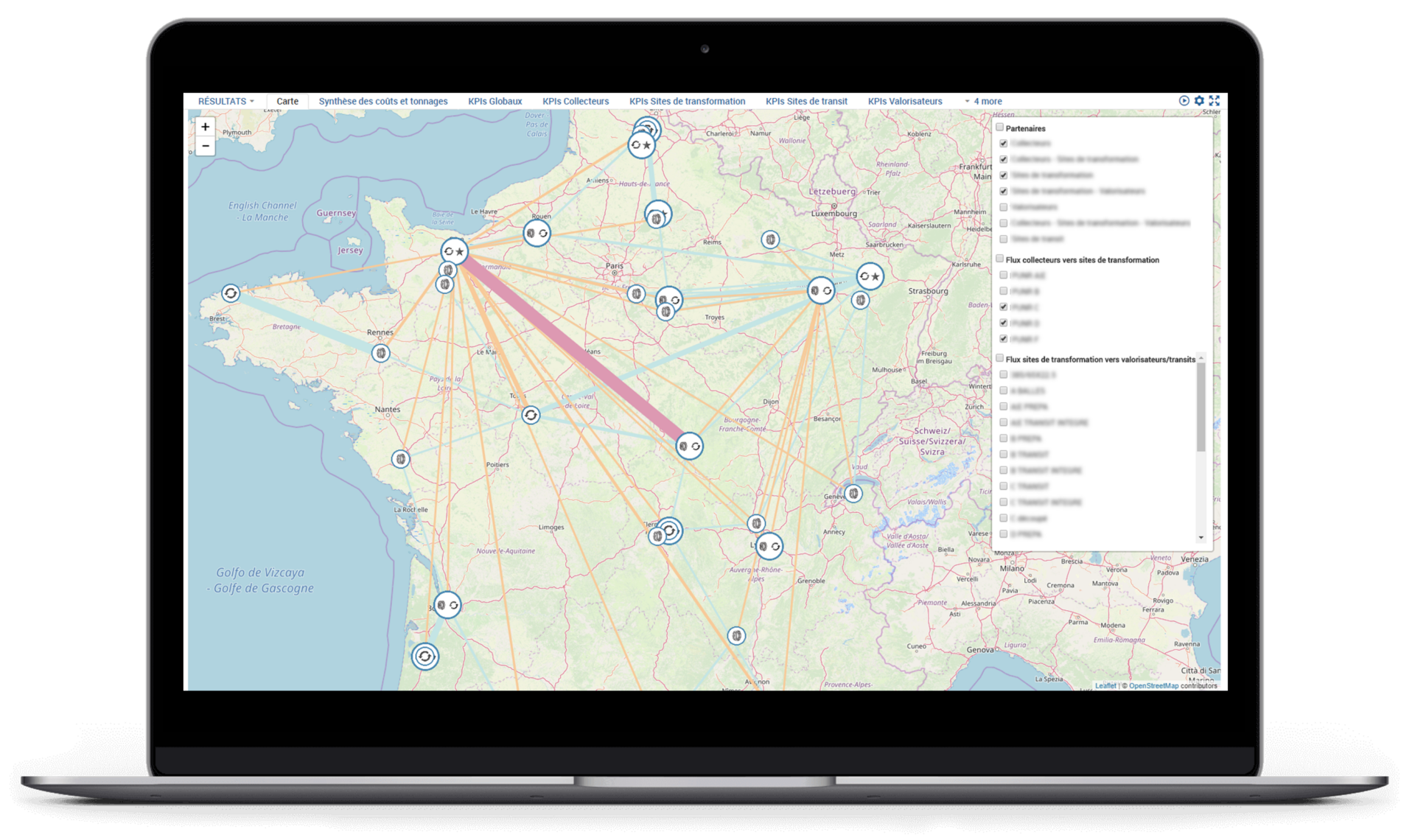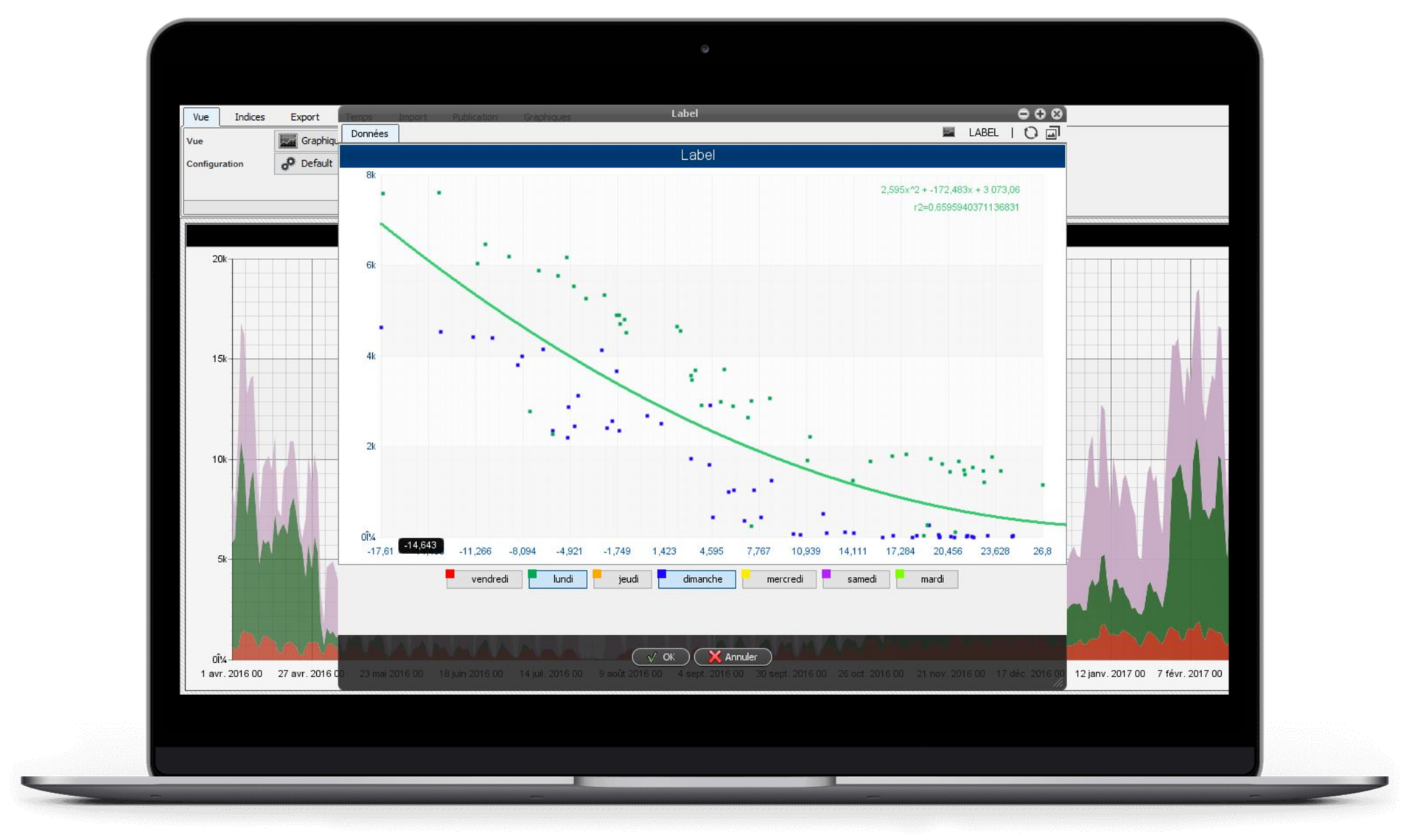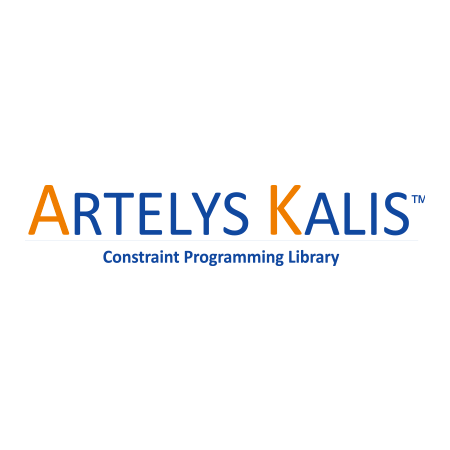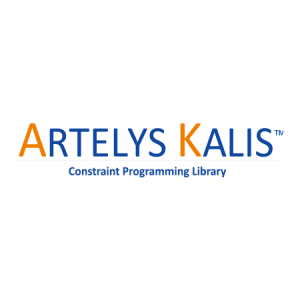all your optimization solutions
Put mathematical programming and artificial intelligence at the service of efficiency
news
Artelys Knitro 15.1: Solve your toughest pooling applications!
Artelys releases Knitro 15.1, bringing a new wave of performance upgrades and usability improvements to help you solve large-scale optimization problems faster than ever.
Artelys contributes to SNCF Voyageurs’ OPTIPLACE project
Artelys is contributing to the development and industrialisation of the OPTIPLACE project, which aims to improve passenger seating arrangements on Ouigo trains by developing the optimisation module used for seat assignment.
Swissgrid selects Artelys Crystal Super Grid
Artelys is pleased to announce that Swissgrid, the Swiss electricity Transmission System Operator (TSO), has selected Artelys Crystal Super Grid, our multi-energy simulation solution, to support their strategic planning and system analysis activities.
solutions
— Relying on their high level of expertise in quantitative methods, our consultants deliver efficient solutions to complex business problems that best meet the needs of our clients.
Strong skills in Operational Research, Modeling and Decision Support
Recognized know-how in scientific consulting and project management
A business experience of energy, transport and logistics issues
Mastery of methods and tools for numerical optimization and statistical analysis

Numerical components that give you a head start
— Whether it is to model the complex problems that our customers are submitting to us or to provide the Artelys Crystal suite with the most powerful optimization engine, we rely on the most advanced mathematical programming tools in their respective fields.
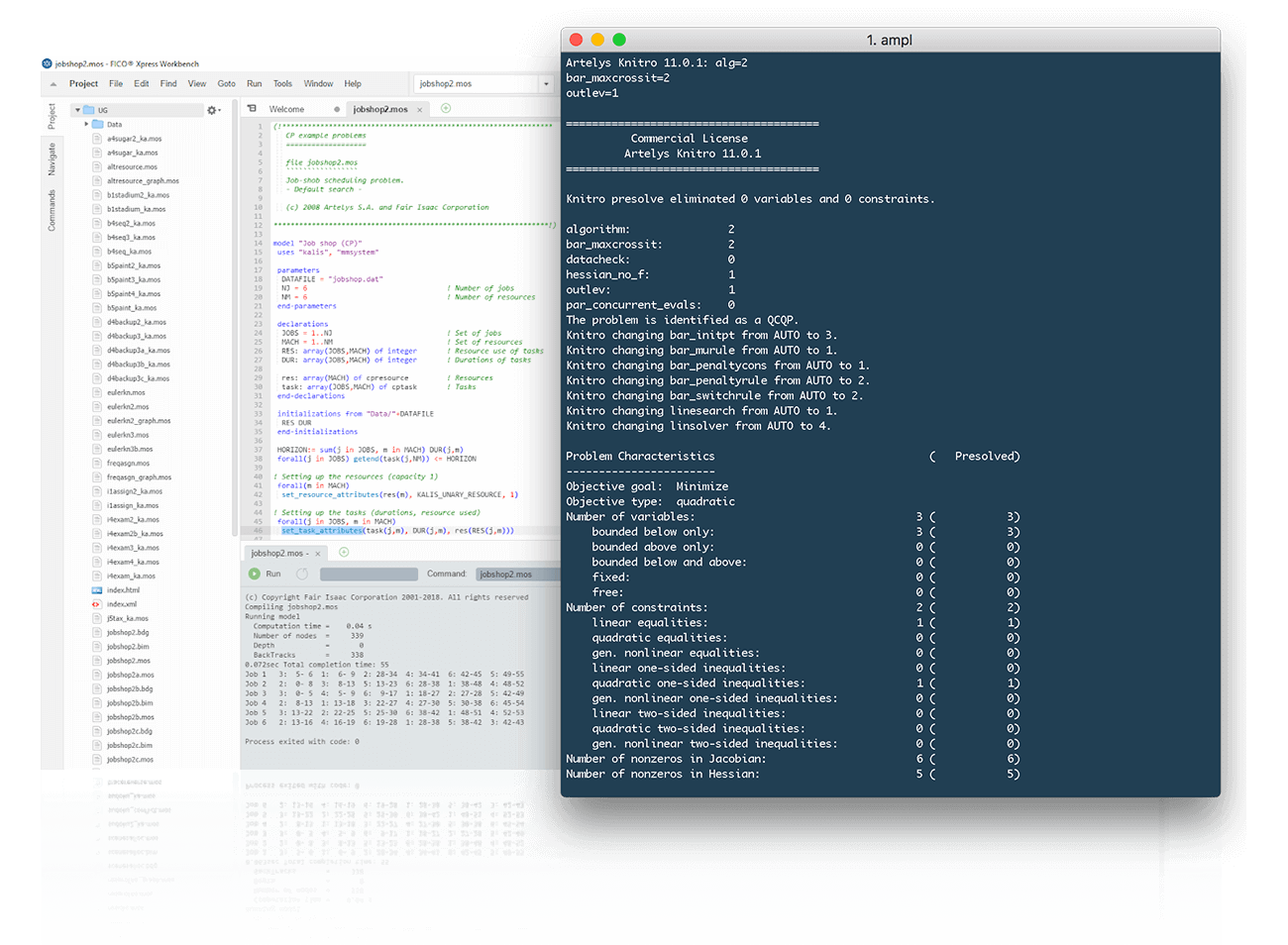
Numerical components that give you a head start
— Whether it is to model the complex problems that our customers are submitting to us or to provide the Artelys Crystal suite with the most powerful optimization engine, we rely on the most advanced mathematical programming tools in their respective fields.

reports
— Discover the results of the technico-economic studies carried out on behalf of our customers using the modeling platform Artelys Crystal.
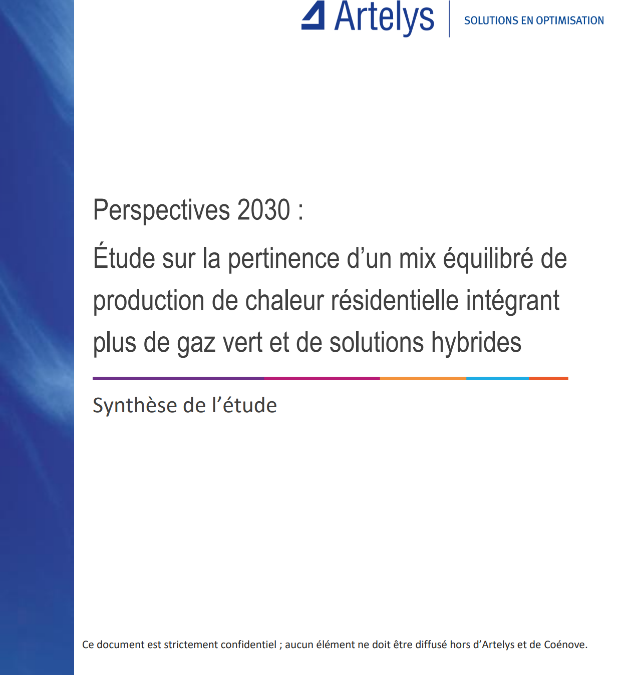
Study on the relevance of a balanced residential heat production mix incorporating more green gas and hybrid solutions
Artelys supported Coénove in carrying out a study aimed at analyzing the relevance of a balanced mix for residential heat production, incorporating more green gas and hybrid heat pumps in France by 2030. This study notably relies on the information available in the Buildings section of the 2023 Forecast Report published by RTE. All analyses conducted are based on detailed modeling of heat demand in France and the electricity supply-demand balance in France and Europe, using the Artelys Crystal Super Grid software.
The first part of the study examines the benefits of a hybrid heat pump compared to an electric heat pump, with operational assumptions revised relative to the 2023 Forecast Report, as well as the impact of considering the link between domestic hot water and heating systems. The results show that, in a highly electrified scenario, installing hybrid heat pumps helps reduce constraints on flexibility needs, while being less costly at the community level and resulting in GHG emissions very close to those induced by the deployment of an air-to-water heat pump.
The second part of the study compares three scenarios that differ in terms of the level of electrification of the heating systems considered and the level of development of the biomethane sector. Among the configurations analyzed, the most favorable mix for the community is the most balanced scenario, which presents a significant but more moderate pace of electrification than the reference scenario and maintains a larger share of gas equipment, combined with greater development of biomethane and hybrid solutions. Furthermore, sensitivity analyses conducted on these scenarios show that a balanced mix is more resilient to the various uncertainties considered.
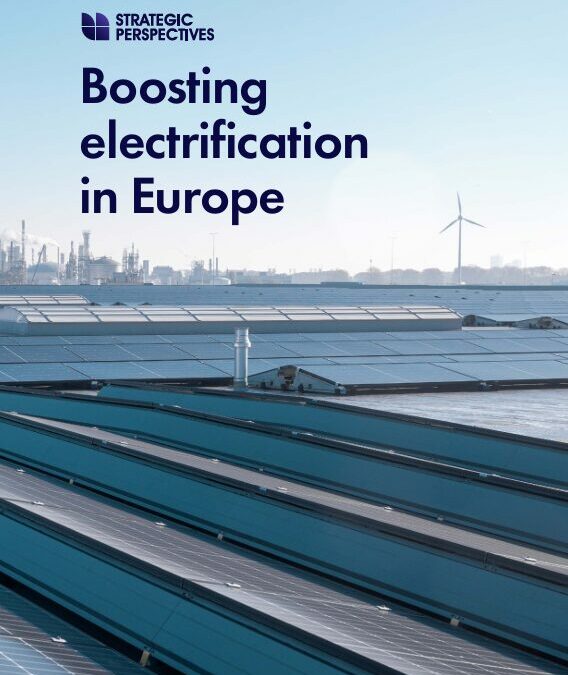
Boosting electrification in Europe
While electrification is a key factor in decarbonisation and central to meeting European climate goals, electricity consumption has stagnated in recent years. Artelys has supported Strategic Perspectives in quantifying the costs and benefits associated with an ambitious electrification scenario for 2040, compared to maintaining current trends.
The analysis has focused on four key technologies: heat pumps for buildings and industry, electric vehicles, and low-carbon steel production. The results show that in an ambitious electrification scenario, the additional savings achieved by reducing fossil fuel imports exceed the over-investments needed in technologies and the electricity system (production, storage, interconnections). In addition, the decrease in imports reduces exposure to price volatility on international markets, strengthening economic resilience.
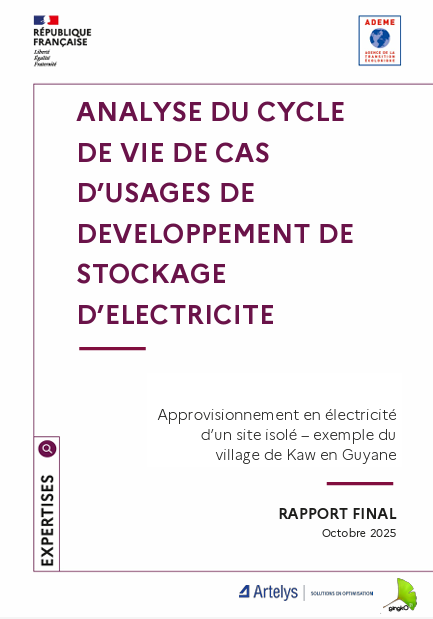
Life cycle analysis of electricity storage use cases – Isolated site
ADEME commissioned Artelys and Gingko21 to conduct a life cycle analysis of use cases for the development of electricity storage. For each use case, Artelys studied the impact of adding storage to the electrical system. This impact is then translated into a life cycle analysis by Gingko21 in order to determine the environmental impact of the storage system.
This second study focuses on the electricity supply for an isolated site. To this end, various supply options are being studied for the isolated village of Kaw in French Guiana: fossil fuels via a diesel generator, renewable energy via the installation of photovoltaic panels with batteries, or a hybrid system. The village of Kaw and the various associated means of production have been modelled using Artelys Crystal Super Grid software.
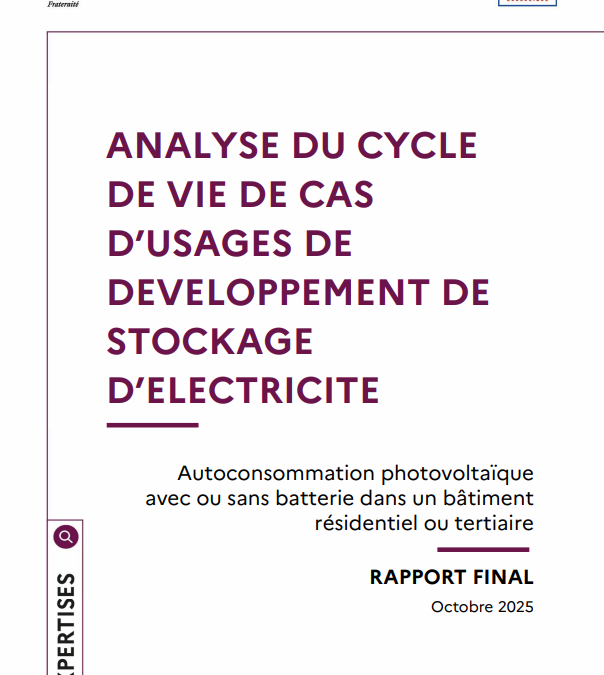
Life cycle analysis of electricity storage use cases – Self-consumption
ADEME commissioned Artelys and Gingko21 to conduct a life cycle analysis of use cases for the development of electricity storage. For each use case, Artelys studied the impact of adding storage to the electrical system. This impact is then translated into a life cycle analysis by Gingko21 in order to determine the environmental impact of the storage system.
This initial study focuses on the addition of photovoltaic panels for self-consumption, with or without an associated battery storage system, for a single building. The analysis is carried out for two types of buildings (a residential house or an office building) in different geographical areas (France, studied here on the Mediterranean coast – climate zone H3 –, Martinique and Réunion). This study is carried out in a comparative manner to better understand the effects of self-consumption with storage on different electrical systems. The impacts assessed are therefore those resulting from the addition of photovoltaics with or without storage, without seeking to quantify the environmental impacts of all the electricity consumed by the modelled building. In order to assess the impact of different production systems on the electrical system, Artelys modelled the electricity mixes for each geographical area and the buildings studied using Artelys Crystal Super Grid software.
training
— Take advantage of the skills and experience acquired by Artelys consultants thanks to an original training offer, conceived as a real instrument for sharing knowledge.
subscribe to our newsletters
© ARTELYS • All rights reserved • Legal mentions
